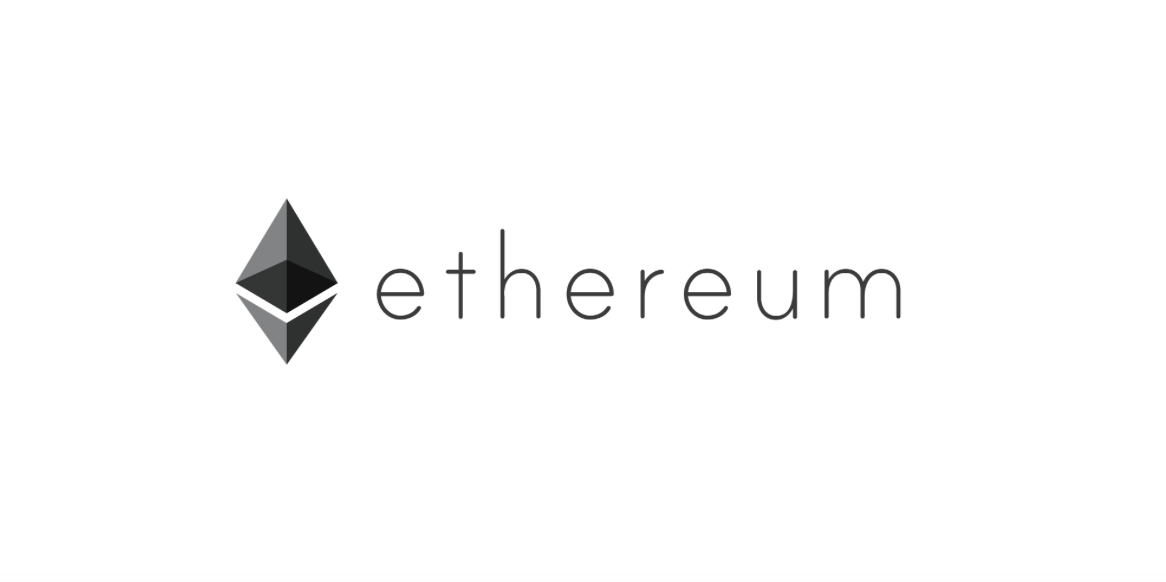What is the Enterprise Ethereum Alliance?

Learn everything you need to know about the Enterprise Ethereum Alliance, an organisation that seeks to make the Ethereum blockchain enterprise-ready.
What is Enterprise Ethereum Alliance?
The Enterprise Ethereum Alliance (EEA) is an organisation that helps enterprises to adopt and utilise the Ethereum blockchain in their daily operations. The alliance comprises of members that are keen to develop enterprise-ready blockchain solutions in their respective industries. Some of the organisational members of the alliance include Accenture, ConsenSys AG, Ernst & Young, Orchid, and Vitro Technology Corporation.
EEA members enjoy some of the following benefits:
- Access to EEA resources enables organisations to develop enterprise-solutions
- A chance to speak at webinars and events
- Reach to investors that the EEA attracts
- The opportunity to participate in working groups that solve important ethereum problems
- Create “solutions on enterprise-trusted EEA global standards” to boost market adoption
Enterprises can access these and other benefits by joining EEA. You can join by filling the membership application form on their website. The alliance charges varying fees depending on the number of employees your organisation has.
Why is Enterprise Ethereum Alliance Important?

The Ethereum blockchain is at its nascent stage of development. That means that a lot of issues need to be solved before it can be 100 percent enterprise-ready. Organisations like the EEA are, therefore, important because they are working towards solving problems like the lack of a common global standard for enterprise ethereum blockchain.
Setting Global Standards
For instance, the EEA mainnet working group has a task force called Ethereum Mainnet Integration for Enterprises (EMINENT). The task force will concentrate on “the standards and specifications used to integrate the Ethereum Mainnet with ERP, CRM, and other corporate systems of record.”
Standards are important because they ensure interoperability. For instance, you can buy any mobile phone brand with the confidence that will work with any telecommunication provider in the world because of the 4G mobile communications standard.
Similarly, the enterprise blockchain market needs global standards as well. For this reason, EEA is leading the way in creating standards for enterprise ethereum blockchain.
Promoting Trust in Secure Smart Contracts
Security is also a key challenge with Ethereum. For example, smart contracts are vulnerable to hacks as illustrated by the DAO attack.
For enterprises to implement blockchain-based solutions, they need a security guarantee. That is why EEA has launched the EthTrust security initiative, whose goal is to create standards for secure smart contract transactions.
“The EthTrust project’s standard and registry aim to make it quick and easy for organizations and individuals to tell if a smart contract has been through a full security audit by a professional team,” EEA said in a statement.
Dealing with Regulatory Frameworks
Governments across the globe have not regulated smart contracts yet. If these regulations crop up one day, the Ethereum community will have a difficult time dealing with the consequences. Nevertheless, members of an organisation like the EEA could find themselves at an advantage. That is because the alliance is working with the people that will be consulted in the creation of these laws through the legal advisory working group. These people include lawyers from top law firms, heads of law schools, and heads of law departments in universities.
By analysing the future legal situation and preparing themselves for possible regulations, the alliance will help its members to navigate this matter when the time comes. Some of the issues the legal working group is exploring are setting standards for smart contracts and investigating blockchain-based legal technology.
Privacy Concerns
The public Ethereum blockchain is not attractive to enterprises that are not in the habit of disclosing all of their information. However, EEA is encouraging the use of the public mainnet by enterprises through the mainnet working group.
In a blog article, the alliance explains that layer two (L2) of the Ethereum blockchain can solve privacy problems.
“Certain L2 technologies (such as validium, side chains, and Arbitrum SCSC) [can] keep all L2 data within the L2 instance and off of L1,” the article states.
Is Ethereum Suitable for Businesses?
Businesses can consider using ethereum to build solutions for the reasons below:
- Ethereum is community-driven. A lot of people are supporting this project.
- Access to smart contracts that enable automated reconciliation, reporting, and compliance.
- The open-source code provides fast and low-cost deployment.
- Ethereum enables tokenisation, which means that businesses can create tokens to represent assets and to offer incentives to customers.
The Enterprise Ethereum Alliance is ensuring that Ethereum is a formidable platform to deploy enterprise blockchain solutions.


Introducing Noones – Africa’s P2P Super App

Why Crypto’s Leading the Way in Africa’s Evolving Finance Landscape

The Rise of Bitcoin in the Online Gaming World

Unlock the Thrills of NHL Crypto Betting and Live Streaming

Understanding the Impact of Cryptocurrency Volatility on NBA Betting Markets

The Future of Crypto College Football Betting: Trends and Predictions

How Mobile Apps are Changing Sports Betting

Weekly Roundup: Africa’s Cassava Network Partners with UniPass to Expand Crypto Adoption in Africa & More

Weekly Roundup: Kenyan Senate in Discussion with CBK to Legalise Bitcoin & More


